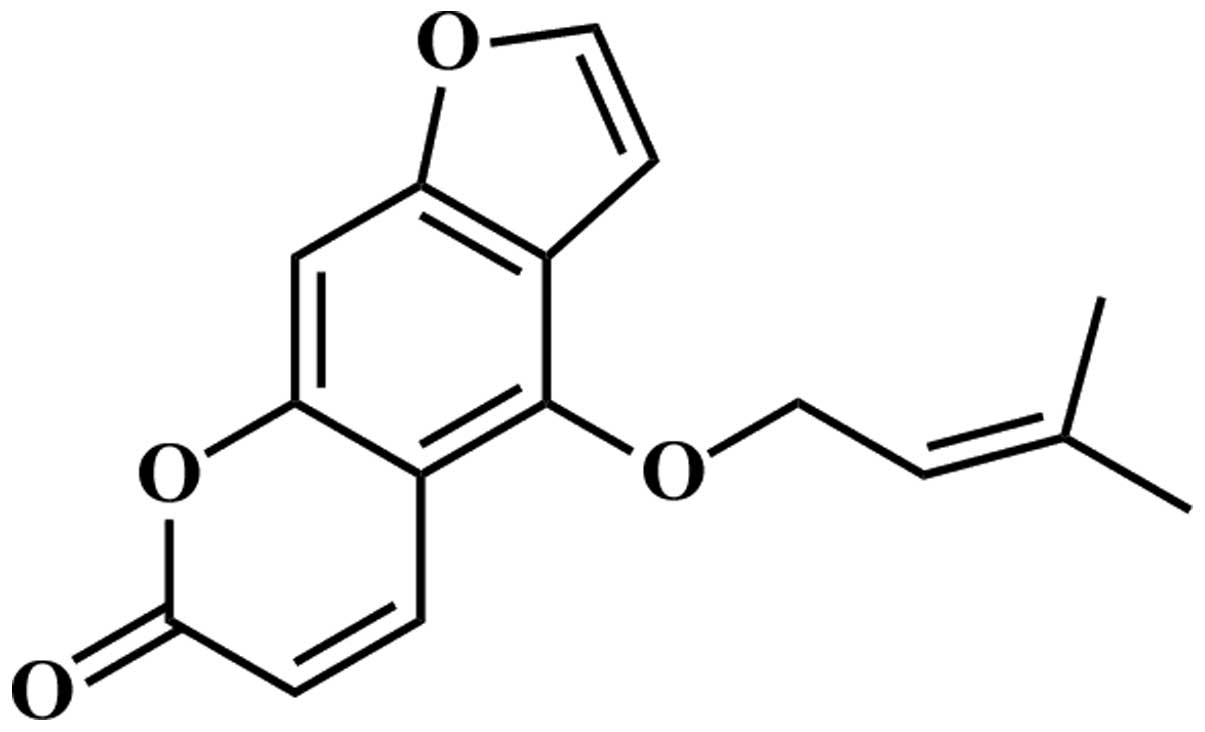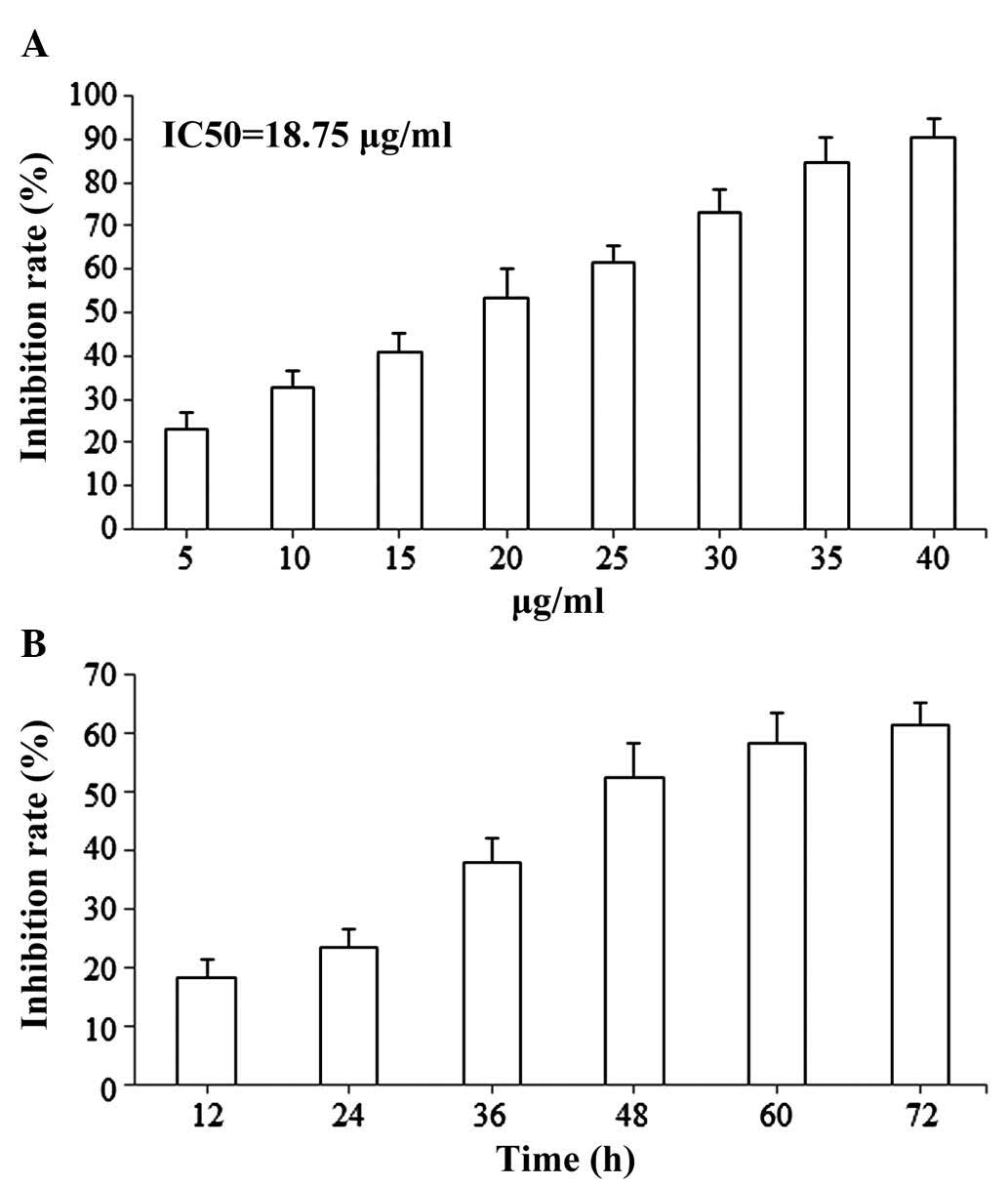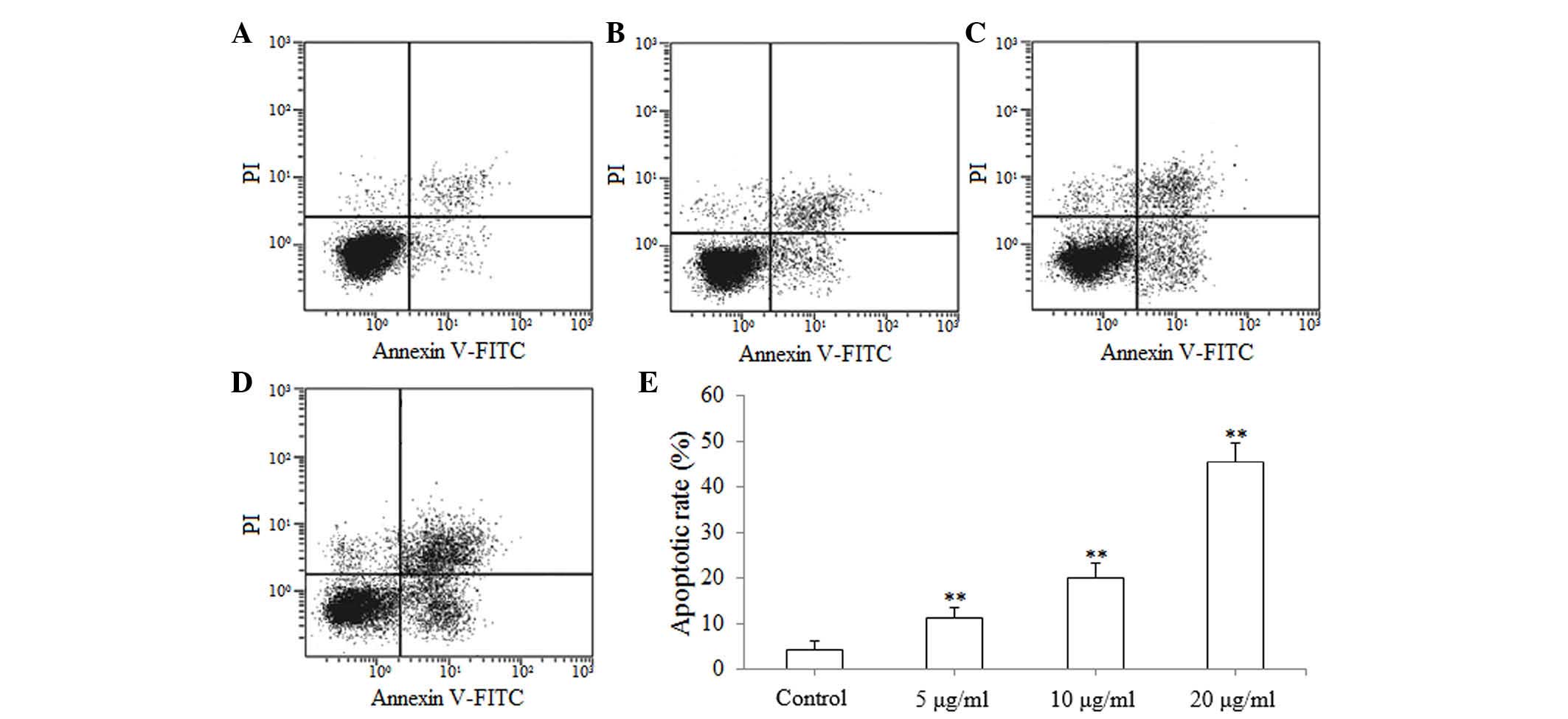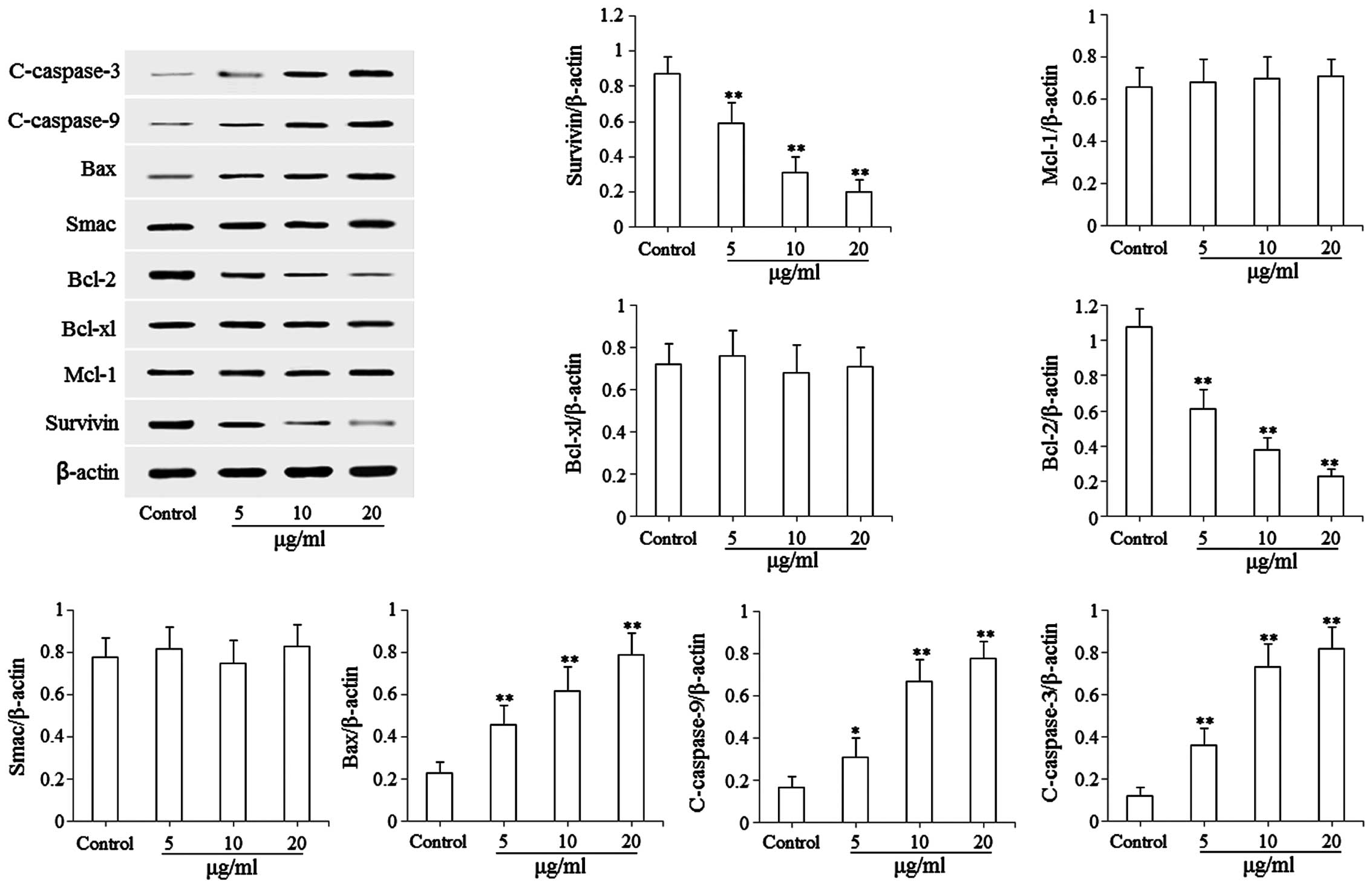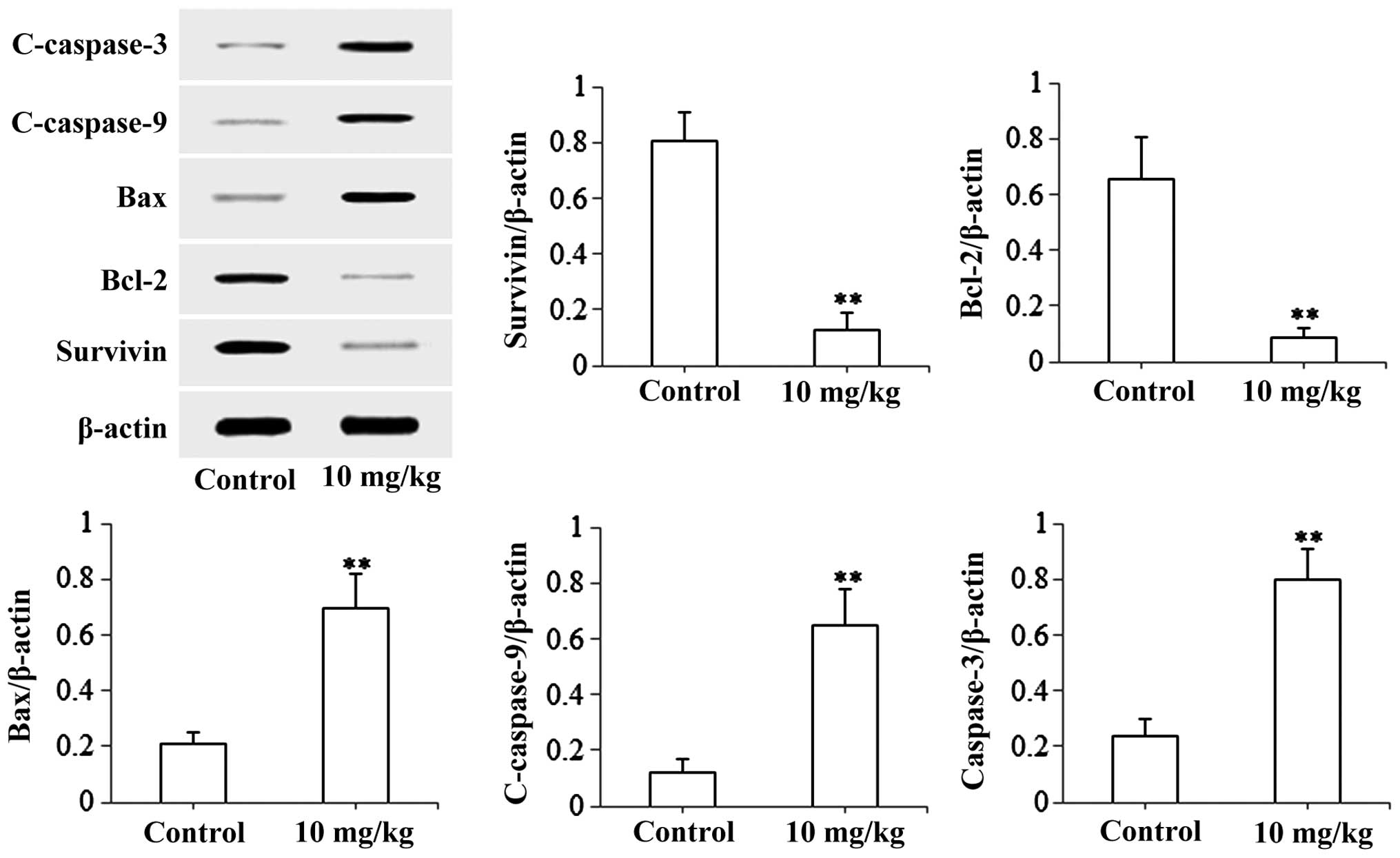|
1
|
Ries LAG, Melbert D, Krapcho M, Stinchcomb
DG, Howlader N, Horner MJ, Mariotto A, Miller BA, Feuer EJ,
Altekruse SF, et al: SEER cancer statistics review, 1975–2005.
Bethesda MD: National Cancer Institute; pp. 1975–2005. 2008,
https://hero.epa.gov/hero/index.cfm/reference/details/reference_id/730406
|
|
2
|
Jemal A, Bray F, Center MM, Ferlay J, Ward
E and Forman D: Global cancer statistics. CA Cancer J Clin.
61:69–90. 2011. View Article : Google Scholar : PubMed/NCBI
|
|
3
|
Horton R: GBD 2010: Understanding disease,
injury, and risk. Lancet. 380:2053–2054. 2012. View Article : Google Scholar : PubMed/NCBI
|
|
4
|
Yancik R and Ries LA: Cancer in older
persons: An international issue in an aging world. Semin Oncol.
31:128–136. 2004. View Article : Google Scholar : PubMed/NCBI
|
|
5
|
Hu G, Tuomilehto J, Silventoinen K,
Barengo NC, Peltonen M and Jousilahti P: The effects of physical
activity and body mass index on cardiovascular, cancer and
all-cause mortality among 47 212 middle-aged Finnish men and women.
Int J Obesity (Lond). 29:894–902. 2005. View Article : Google Scholar
|
|
6
|
Moreira DM, Aronson WJ, Terris MK, Kane
CJ, Amling CL, Cooperberg MR, Boffetta P and Freedland SJ:
Cigarette smoking is associated with an in increased risk of
biochemical disease recurrence, metastasis, castration-resistant
prostate cancer, and mortality after radical prostatectomy: Results
from the SEARCH database. Cancer. 120:197–204. 2014. View Article : Google Scholar : PubMed/NCBI
|
|
7
|
Speer AG, Thursfield VJ, Torn-Broers Y and
Jefford M: Pancreatic cancer: Surgical management and outcomes
after 6 years of follow-up. Med J Aust. 196:511–515. 2012.
View Article : Google Scholar : PubMed/NCBI
|
|
8
|
Jia L, Ma S, Hou X, Wang X, Qased AB, Sun
X, Liang N, Li H, Yi H, Kong D, et al: The synergistic effects of
traditional Chinese herbs and radiotherapy for cancer treatment.
Oncol Lett. 5:1439–1447. 2013.PubMed/NCBI
|
|
9
|
Romiti A, Cox MC, Sarcina I, Di Rocco R,
D'Antonio C, Barucca V and Marchetti P: Metronomic chemotherapy for
cancer treatment: A decade of clinical studies. Cancer Chemother
Pharmacol. 72:13–33. 2013. View Article : Google Scholar : PubMed/NCBI
|
|
10
|
Li X, Yang G, Li X, Zhang Y, Yang J, Chang
J, Sun X, Zhou X, Guo Y, Xu Y, et al: Traditional Chinese medicine
in cancer care: A review of controlled clinical studies published
in Chinese. PLoS One. 8:e603382013. View Article : Google Scholar : PubMed/NCBI
|
|
11
|
Gopalakrishnan G, Lepetre S, Maksimenko A,
Mura S, Desmaële D and Couvreur P: Lipid-conjugation of endogenous
neuropeptides: Improved biotherapy against human pancreatic cancer.
Adv Healthc Mater. 4:1015–1022. 2015. View Article : Google Scholar : PubMed/NCBI
|
|
12
|
Vanneman M and Dranoff G: Combing
immunotherapy and target therapies in cancer treatment. Nat Rev
Cancer. 12:237–251. 2012. View
Article : Google Scholar : PubMed/NCBI
|
|
13
|
Duarte S, Carle G, Faneca H, de Lima MC
and Pierrefite-Carle V: Suicide gene therapy in cancer: Where do we
stand now? Cancer Lett. 324:160–170. 2012. View Article : Google Scholar : PubMed/NCBI
|
|
14
|
Vrbova B and Vrba J: Microwave
thermotherapy in cancer treatment: Evaluation of homogeneity of SAR
distribution. Prog Electromagn Res. 129:181–195. 2012. View Article : Google Scholar
|
|
15
|
Brown SB, Brown EA and Walker I: The
present and future role of photodynamic therapy in cancer
treatment. Lancet Oncol. 5:497–508. 2004. View Article : Google Scholar : PubMed/NCBI
|
|
16
|
Niu HX, Du T, Xu ZF, Zhang XK and Wang RG:
Role of wild type p53 and double suicide genes in interventional
therapy of liver cancer in rabbits. Acta Cir Bras. 27:522–528.
2012. View Article : Google Scholar : PubMed/NCBI
|
|
17
|
Nobili S, Lippi D, Witort E, Donnini M,
Bausi L, Mini E and Capaccioli S: Natural compounds for cancer
treatment and prevention. Pharmacol Res. 59:365–378. 2009.
View Article : Google Scholar : PubMed/NCBI
|
|
18
|
Wang MY, Jia MR, Ma YY and Li XB:
Pharmacological effect of four linear furocoumarins in radix
Angelicae dahuricae. Nat Prod Res Dev. 22:485–489. 2010.
|
|
19
|
Kwon YS, Kobayashi A, Kajiyama S, Kawazu
K, Kanzaki H and Kim CM: Antimicrobial constituents of Angelica
dahurica roots. Phytochemistry. 44:887–889. 1997. View Article : Google Scholar : PubMed/NCBI
|
|
20
|
Li ZK, Liu MQ and Yang HJ: The study of
vasoactive of pungent herbs' chemical constituents in Umbelliferae.
Pharmacol Clin Chin Mat Med. 25:38–40. 2009.
|
|
21
|
Okuyama T, Takata M, Nishino H, Nishino A,
Takayasu J and Lwashima A: Studies on the antitumor-promoting
activity of naturally occurring substances. II. Inhibition of
tumor-promoter-enhanced phospholipid metabolism by umbelliferous
materials. Chem Pharm Bull (Tokyo). 38:1084–1086. 1990. View Article : Google Scholar : PubMed/NCBI
|
|
22
|
Zhang XX: Studies on the antitumor
constituents of Notopterygium incisum. [dissertation]. Hebei Med
Univ; pp. 1–117. 2009
|
|
23
|
Kim YK, Kim YS and Ryu SY:
Antiproliferative effect of furanocoumarins from the root of
Angelica dahurica on cultured human tumor cell lines. Phytother
Res. 21:288–290. 2007. View
Article : Google Scholar : PubMed/NCBI
|
|
24
|
National Research Council (US) Committee
for the Update of the Guide for the Care and Use of Laboratory
Animals, . Guide for the Care and Use of Laboratory Animals. 8th.
National Academies Press (US); Washington, DC: 2011, PubMed/NCBI
|
|
25
|
Zhao YL, Zhao LJ, Luo YX, Li X, Zhang YF,
Liu XD, Luo YG and Zhong LL: Synergistic effect of radiation and
traditional Chinese medicine Rhizoma Typhonii ethanol extract
depends on p53 expression in treatment of lewis mouse lung cancer
cells. Afr J Tradit Complement Altern Med. 12:109–114. 2015.
View Article : Google Scholar
|
|
26
|
Acquaviva R, Di Giacomo C, Sorrenti V,
Galvano F, Santangelo R, Cardile V, Gangia S, D'Orazio N, Abraham
NG and Vanella L: Antiproliferation effect of oleuropein in
prostate cell lines. Int J Oncol. 41:31–38. 2012.PubMed/NCBI
|
|
27
|
Lee J, Gupta S, Huang JS, Jayathilaka LP
and Lee BS: HPLC-MTT assay: Anticancer activity of aqueous garlic
extract is from allicin. Anal Biochem. 436:187–189. 2013.
View Article : Google Scholar : PubMed/NCBI
|
|
28
|
Li W, Li DY, Wang HD, Zheng ZJ, Hu J and
Li ZZ: Juglans regis hexane extract exerts antitumor effect,
apoptosis induction and cell circle arrest in prostate cancer cells
in vitro. Trop J Pharm Res. 14:399–405. 2015. View Article : Google Scholar
|
|
29
|
Zi FM, He JS, Li Y, Wu C, Yang L, Yang Y,
Wang LJ, He DH, Zhao Y, Wu WJ, et al: Metformin displays
anti-myeloma activity and synergistic effect with dexamethasone in
in vitro and in vivo xenograft models. Cancer Lett. 356:443–453.
2015. View Article : Google Scholar : PubMed/NCBI
|
|
30
|
Shi Y: A structure view of
mitochondria-medated apoptosis. Nat Struct Biol. 8:394–401. 2001.
View Article : Google Scholar : PubMed/NCBI
|
|
31
|
Wang X: The expanding role of mitochondria
in apoptosis. Genes Dev. 15:2922–2933. 2001.PubMed/NCBI
|
|
32
|
Yang XK, Xu MY, Xu GS, Zhang YL and Xu ZX:
In vitro and in vivo antitumor activity of scutebarbatine A on
human lung carcinoma A549 lines. Molecules. 19:8740–8751. 2014.
View Article : Google Scholar : PubMed/NCBI
|
|
33
|
Kim J, Parrish AB, Kurokawa M, Matsuura K,
Freel CD, Andersen JL, Johnson CE and Kornbluth S: Rsk-mediated
phosphorylation and 14-3-3ε binding of Apaf-1 suppresses cytochrome
c-induced apoptosis. EMBO J. 31:1279–1292. 2012. View Article : Google Scholar : PubMed/NCBI
|
|
34
|
Du C, Fang M, Li Y, Li L and Wang X: Smac,
a mitochondrial protein that promotes cytochrome c-dependent
caspase activation by eliminating IAP inhibition. Cell. 102:33–42.
2000. View Article : Google Scholar : PubMed/NCBI
|















